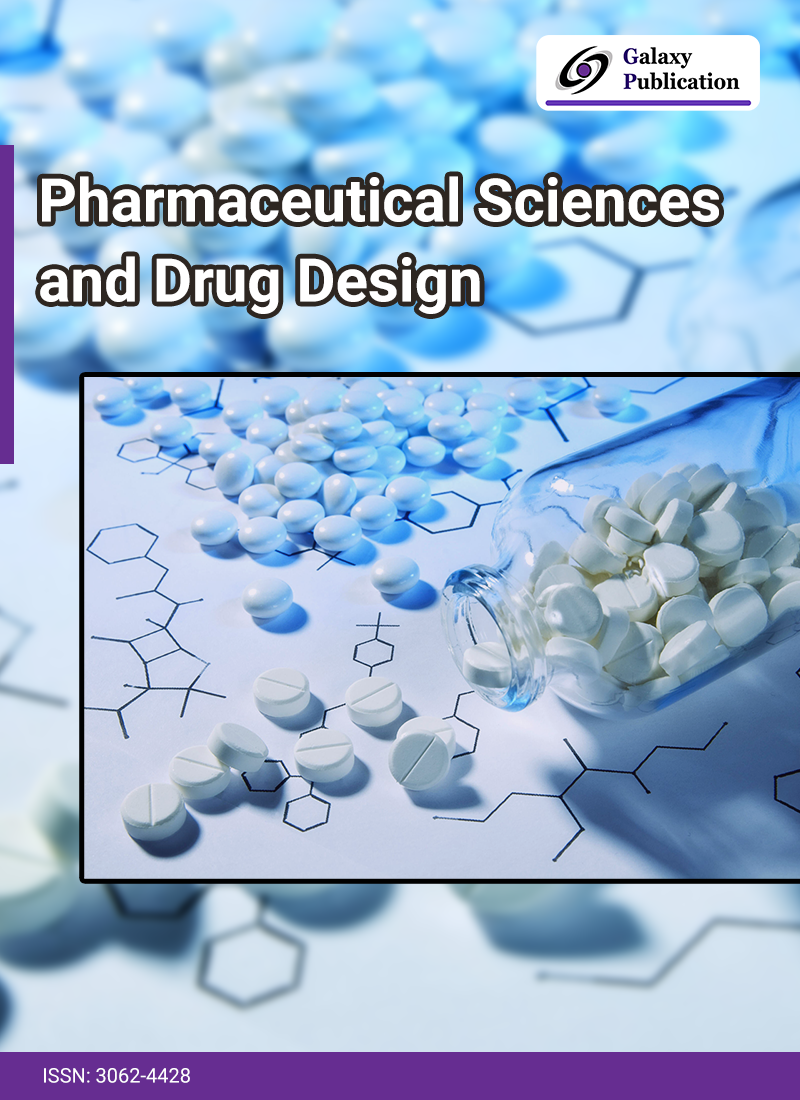
Non-steroidal anti-inflammatory drugs (NSAIDs) have long been recognized as one of the most commonly used agents. However, their adverse effects on various organs are well-documented. This review focuses on the development of acetamide derivatives that retain their anti-inflammatory effects while selectively inhibiting COX-II. Several literature sources emphasize the importance of these heterocyclic compounds in the treatment of inflammatory conditions, recognizing their therapeutic value in this pharmacological class. COX-II inhibitors, through the prodrug approach, offer a wide range of applications and have significantly contributed to drug development. Researchers have designed numerous prodrugs using acetamide molecules to improve pharmacokinetic properties, enhance sensory attributes, or optimize chemical properties. A wide array of amide derivatives, across different classes of compounds, has been identified as effective COX-II inhibitors, primarily used for conditions such as arthritis, pain, menstrual cramps, and colonic polyps, helping to alleviate symptoms such as pain, fever, swelling, and tenderness. In addition, COX-II inhibitor nanoparticles have been investigated to improve the efficacy of the treatment.